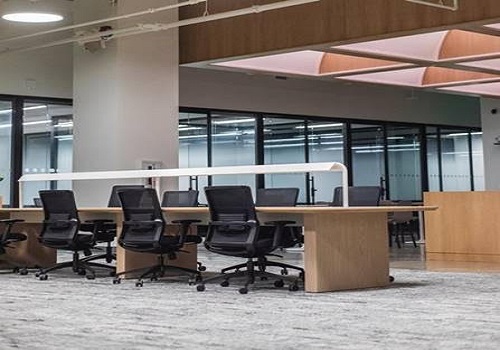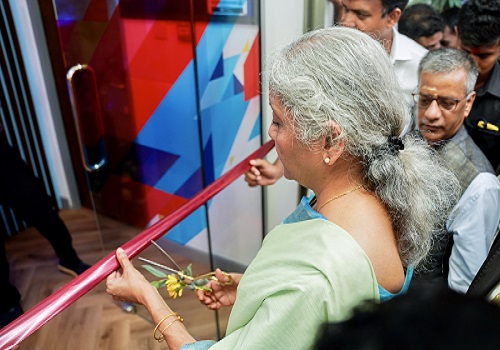Coworking Share in Office Real Estate at 27% in Q1 2023, Up From 14% in Q1 2019

Follow us Now on Telegram ! Get daily 10 - 12 important updates on Business, Finance and Investment. Join our Telegram Channel
Mumbai: Demand for flexible office spaces has hit a new high after the pandemic, with major companies and businesses including start-ups now increasingly opting for coworking spaces. Latest ANAROCK data reveals that out of a net absorption of approx. 8.2 Mn sq. ft. across the top 7 cities in Q1 2023, coworking spaces had a 27% share. Back in pre-pandemic Q1 2019, its share was just 14% of a net office absorption of approx. 9.3 Mn sq. ft.
Among the top 7 cities, Bengaluru and NCR together accounted for 66% (approx. 1.43 Mn sq. ft.) of net coworking absorption in Q1 2023. Pune and Chennai together saw approx. 0.52 Mn sq. ft. of coworking spaces absorbed in the same period. In terms of overall growth in coworking demand, the top 7 cities witnessed a 90% growth in net absorption in this period – from 1.3 Mn sq. ft. in Q1 2019 to approx. 2.18 Mn sq. ft. in Q1 2023.
Besides start-ups and other businesses, many IT/ITeS companies also prefer flexible spaces over regular office spaces today, with a strong emphasis on workspace flexibility for employees.
Utkarsh Kawatra, Senior Director - myHQ (ANAROCK Group), says, “Coworking spaces demand weakened considerably after Covid-19 disrupted the workplaces equation across the country. We're seeing a decisive reversal of this negative trend now, with coworking particularly attractive because of the disrupted IT/ITeS employment scenario.�
What works very well for coworking now is the fact that such spaces are not concentrated in the city centres, like regular office spaces tend to be. Rather, they're mushrooming across different locations, including residential hubs. Coworking spaces now even operate out of malls and hotels, and many large office parks also have coworking quadrants. This helps companies to remain closer to their employees and thus offer them flexibility.
Flexible office spaces allow firms to deploy instantly rather than having to contend with office layouts and fit-outs, at costs comparable to regular office spaces which also involve long lock-in periods. Coworking spaces are shooting up in major cities with low Grade A offices vacancy levels and a higher demand from start-ups, freelancers and corporates looking to expand.
In IT/ITeS-driven cities like Bengaluru, Chennai, and Pune, the relatively low vacancy levels in Grade A offices have spurred the demand for coworking spaces.
"This is also the case with Delhi NCR, where low commercial space vacancy levels have fostered a rich growth environment for coworking setups in areas such as Gurugram and Noida," says Utkarsh Kawatra. "In MMR, corporates looking to expand aggressively and shift their operational divisions to smaller distributed locations are focusing on coworking spaces."
Above views are of the author and not of the website kindly read disclaimer










Tag News

86% Projects Launched Post RERA in H2 2017 and 2018 Completed in Top 7 Cities













